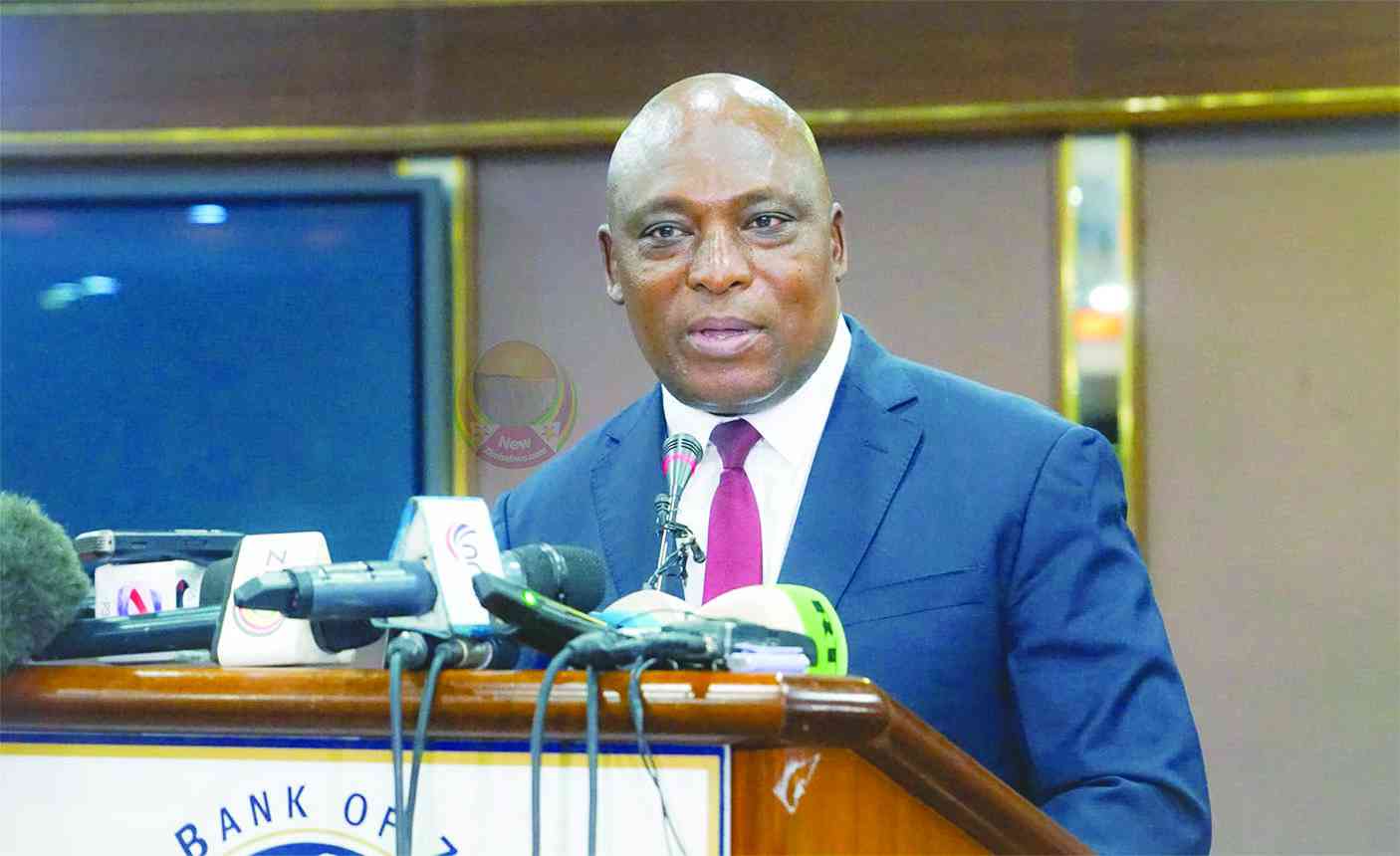
Bankers blamed frequent shifts in Zimbabwe’s functional currency this week, as first half financial statements showed billions of Zimbabwe Gold (ZiG) were wiped off revenues, due to massive distortions.
As final earnings reports for the half-year ended June 30, 2024 poured in, showing a revenue bloodbath, chief executive officers slammed the complexities brought by a hyper-inflating first half of 2023 and a 2024 comparable period marked by volatility.
Combined revenues plummeted by almost 50% when juxtaposed with the first half of 2023, an analysis of the statements showed.
It is one of many crises confronting companies, as Zimbabwe’s crisis moves to its 25th-straight year, with no solution in sight.
Industries have also been crippled by massive power and foreign currency shortages, which banks normally provide.
ZiG, a currency backed by gold and other high-value commodities worth hundreds of millions of United States dollars, pulled inflation down upon its introduction on April 5. This triggered a significant contrast to inflation-adjusted figures released at the same time last year.
Financial statements from 15 commercial banks and mortgage lenders showed the difference between revenues generated during the first half of 2024 and the same period this year at about ZiG10 billion, the same amount the sector generated in profit.
Bankers said the complexities made it difficult to rely on absolute numbers to make investment decisions.
- Caledonia lays out Bilboes revival plan
- Letter from America: Gold Mafia: Zim government should rethink its policies!
- So, is it a currency?
- Will gold tokenisation work?
Keep Reading
“Given the different currency and inflation regimes between 2023 and 2024, comparison would need some expertise in determining and undertaking adjustments or conversions,” Bankers Association of Zimbabwe (BAZ) president Lawrence Nyazema told the Zimbabwe Independent.
“In the absence of such expertise to undertake complex conversions, an analysis of ratios might be more useful than analysing absolute numbers,” he said, responding to a question about the usefulness
of the financial statements.
“The perceived drop is more of an exchange rate/conversion factor, than performance, given the different operating environments between 2023 and 2024.”
“The basic issue is institutions are using different accounting treatments and rules,” Nyazema said.
“There is no common basis for comparison. The full year 2024 audited numbers should give us a clearer picture and by then the accounting profession is expected to have reached consensus on how to achieve a level playing field,” he said.
“Investors can still calculate and use ratios to support investment decisions.”
Banks haemorrhaged during the final quarter of the review period, as Zimbabwe slipped back into fresh turmoil.
The write downs ranged from ZiG1, 8 billion in some banks to as low as ZiG39 025 036 in another – depending of the size of the business.
The Victoria Falls Stock Exchange listed First Capital Bank saw its revenues rise - the only lender to experience a positive revenue outturn.
“The ZWL (Zimbabwe dollar) ceased on April 5, 2024 with introduction of the ZWG (ZiG) and with the country's average consumer price index being…below the 100% threshold set out per IAS (International Accounting Standards) 29 subsequent to the introduction of the ZWG, it has been determined that as at 30 June 2024, the country was not operating in a hyperinflationary environment,” said Nedbank.
“Resultantly, the unaudited condensed interim financial statements for the period ended 30 June 2024 presented in ZiG were not adjusted for changes in prices.”
“While the translation of current year and comparative financial statement numbers to the ZWG is in line with the requirements of International Financial Reporting Standards, the financial statement numbers for the period ended 30 June 2024 are not entirely comparable to the financial statement numbers for 2023 due to the distortions brought about by hyperinflation accounting applied in the prior year,” Sibongile Moyo, managing director at the bank, said.
Still, comparisons will demonstrate the severity of distortions brought about shifts to the functional currency.
In a monetary policy statement presented on August 30, Reserve bank of Zimbabwe governor John Mushayavanhu said banks earned ZiG10 billion profit during the period.
In August, BAZ said the banking sector was grappling with multiple challenges that significantly constrained its ability to lend.
Among the primary issues are the absence of a lender-of-last-resort function for United States dollar-indexed transactions and a prevailing liquidity crisis in the market.
The turbulences had led banks to adopt a cautious approach to lending, with prolonged market volatilities making them wary of extending credit.











